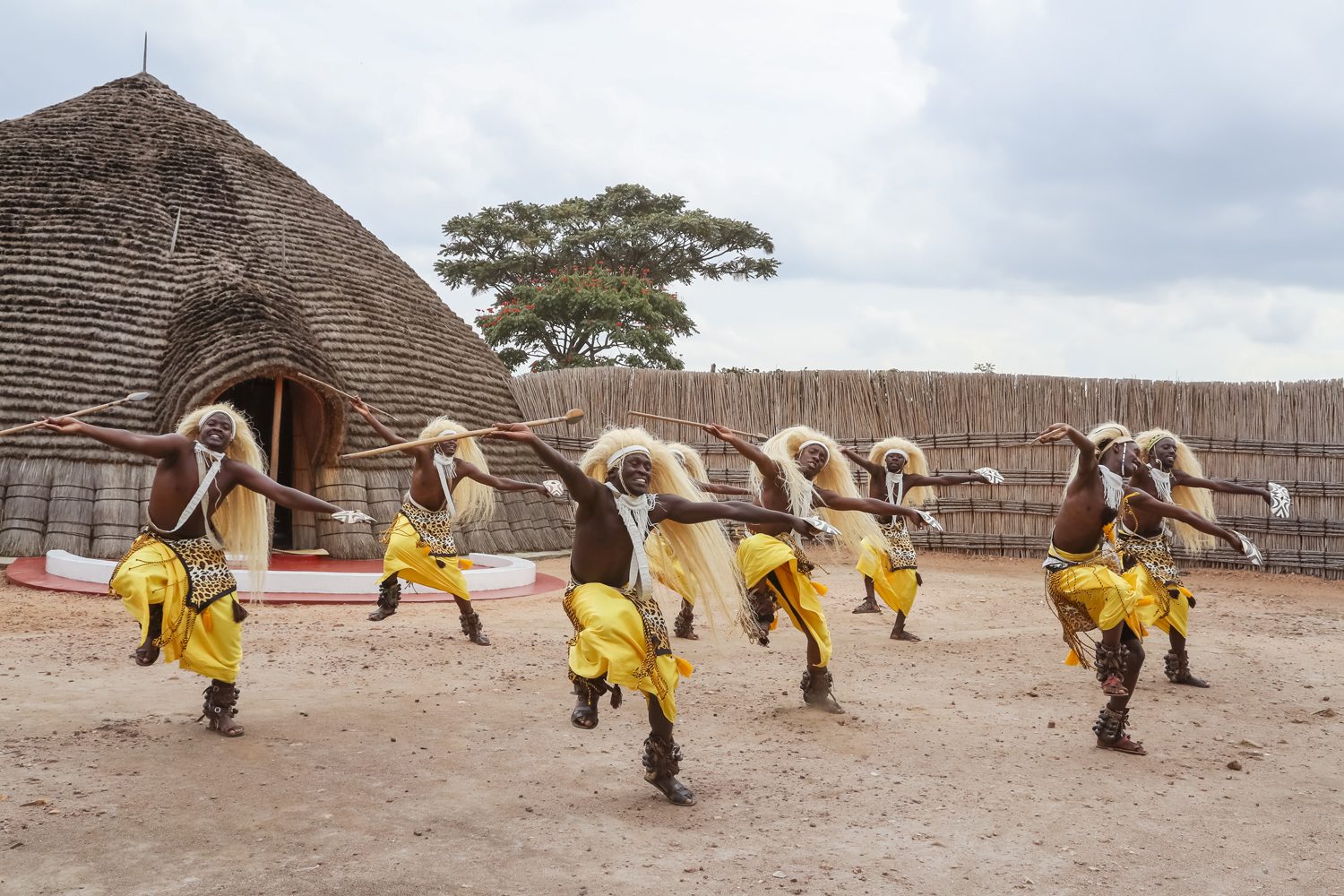
Rwandan Traditions
Rwandan Traditions
Rwandan Traditions: A Deep Dive into the Rich Cultural Heritage of Rwanda
Introduction
Rwanda, often referred to as the “Land of a Thousand Hills,” is a country with a deeply rooted cultural heritage. The traditions of Rwanda reflect the values, beliefs, and customs of its people, passed down through generations. From unique wedding ceremonies to traditional dances and ancestral rituals, Rwandan traditions offer a fascinating insight into the country’s history and identity.
In this article, we will explore the most significant Rwandan traditions, their meanings, and their impact on modern Rwandan society.
The Importance of Tradition in Rwandan Society
Tradition plays a crucial role in shaping the identity of the Rwandan people. It fosters unity, respect, and a sense of belonging among communities. Many customs are still practiced today, demonstrating the resilience of Rwandan culture despite historical challenges.
Some of the key aspects of Rwandan traditions include:
- Family and Community Values
- Traditional Ceremonies and Rituals
- Music and Dance
- Oral Storytelling
- Traditional Clothing
Let’s explore each of these in detail.
Family and Community Values
The Role of the Family
In Rwandan society, family is the foundation of social life. Families are typically extended, with multiple generations living together or maintaining close ties. Respect for elders is a fundamental value, as they are seen as the keepers of wisdom and tradition.
The Concept of “Ubumwe” (Unity)
Rwandans emphasize the importance of Ubumwe, or unity, in their daily lives. This principle fosters cooperation and harmony within families and communities. It is reflected in various social practices, such as communal farming and collective decision-making.
Traditional Ceremonies and Rituals
Rwandan Wedding Traditions
Rwandan weddings are elaborate and deeply rooted in tradition. The process involves several stages, including:
- Gufata Irembo – The formal introduction of the groom’s family to the bride’s family.
- Gusaba – The dowry negotiation, where the groom’s family presents gifts to the bride’s family.
- Gukwa – The wedding ceremony, which includes traditional dances, speeches, and feasting.
These ceremonies highlight the importance of family and community in Rwandan marriages.
Naming Ceremonies
In Rwanda, the naming of a child is a significant event. Parents often choose names that reflect the circumstances of the child’s birth or their aspirations for the child’s future. The ceremony includes blessings from elders and celebrations with family and friends.
Ancestral Worship and Rituals
Many Rwandans honor their ancestors through rituals and ceremonies. Traditional beliefs hold that ancestors continue to influence the lives of the living, and offerings are made to seek their guidance and protection.
Music and Dance in Rwandan Culture
Traditional Rwandan Dances
Dance is an essential part of Rwandan traditions. Some of the most famous traditional dances include:
- Intore Dance – A warrior dance performed with spears and shields.
- Umushagiriro – A graceful dance performed by women, symbolizing beauty and elegance.
- Ikinimba – A celebratory dance that tells stories of heroism and history.
These dances are often accompanied by drumming and singing, creating a vibrant and energetic atmosphere.
The Role of Music in Rwandan Society
Music is used in various aspects of Rwandan life, from storytelling to religious ceremonies. Traditional instruments such as the Inanga (a stringed instrument) and Ingoma (drums) are commonly used in performances.
Oral Storytelling and Proverbs
The Power of Storytelling
Before the advent of written records, Rwandans preserved their history and wisdom through oral storytelling. Griots, or traditional storytellers, played a crucial role in passing down legends, myths, and historical accounts.
Common Rwandan Proverbs
Proverbs are an essential part of Rwandan communication, often used to convey wisdom and moral lessons. Some popular proverbs include:
- “Akanyoni katagurutse ntikamenya iyo bweze.” (A bird that does not fly does not know where the harvest is.)
- “Uburira abandi ntiyiburira.” (One who warns others does not warn themselves.)
These proverbs reflect the values of wisdom, foresight, and community responsibility.
Traditional Clothing and Adornments
The Imigongo Art Style
Imigongo is a unique form of traditional Rwandan art that involves geometric patterns made from cow dung. This art form is used to decorate homes and cultural sites.
Traditional Attire
Rwandan traditional clothing varies by occasion. Some common garments include:
- Umushanana – A flowing garment worn by women during ceremonies.
- Ikoti n’Ipantaro – A formal outfit worn by men.
These outfits are often adorned with beads and other accessories to enhance their beauty.
The Influence of Tradition on Modern Rwanda
Despite modernization, many Rwandan traditions remain deeply ingrained in society. The government and cultural institutions actively promote traditional practices to preserve Rwanda’s heritage. Events such as Umuganura (the harvest festival) and Kwita Izina (the gorilla naming ceremony) are celebrated annually to honor Rwandan culture.
Conclusion
Rwandan traditions are a testament to the country’s rich cultural heritage. From family values to music, dance, and storytelling, these customs continue to shape Rwandan identity. As Rwanda progresses, it remains committed to preserving its traditions while embracing modernity.
Frequently Asked Questions (FAQ)
1. What is the most important tradition in Rwanda?
One of the most significant traditions in Rwanda is Ubumwe (unity), which promotes harmony and cooperation among communities.
2. What are traditional Rwandan dances?
Traditional Rwandan dances include Intore, Umushagiriro, and Ikinimba, each with unique movements and cultural significance.
3. How do Rwandans celebrate weddings?
Rwandan weddings involve multiple ceremonies, including Gufata Irembo, Gusaba, and Gukwa, which emphasize family involvement and cultural rituals.
4. What role does storytelling play in Rwandan culture?
Storytelling is a vital tradition in Rwanda, used to pass down history, wisdom, and moral lessons through generations.
5. How is Rwandan culture preserved today?
Rwandan culture is preserved through festivals, traditional ceremonies, and government initiatives that promote heritage and customs.
By understanding and appreciating Rwandan traditions, we gain a deeper insight into the values and history of this remarkable nation.
